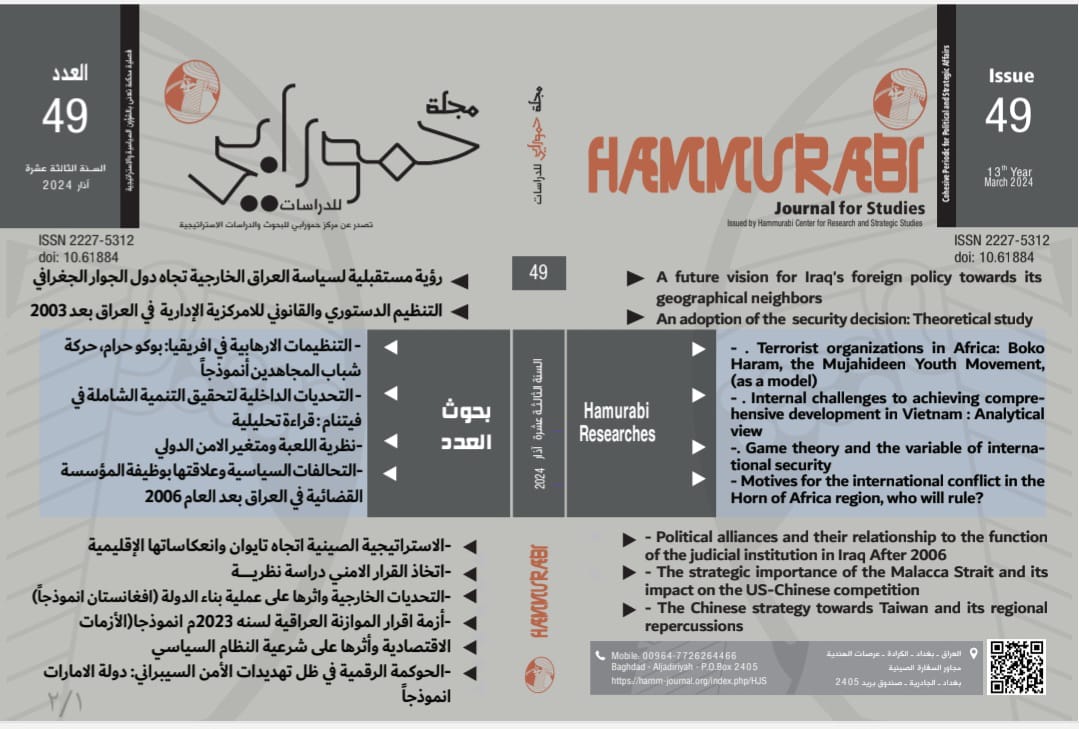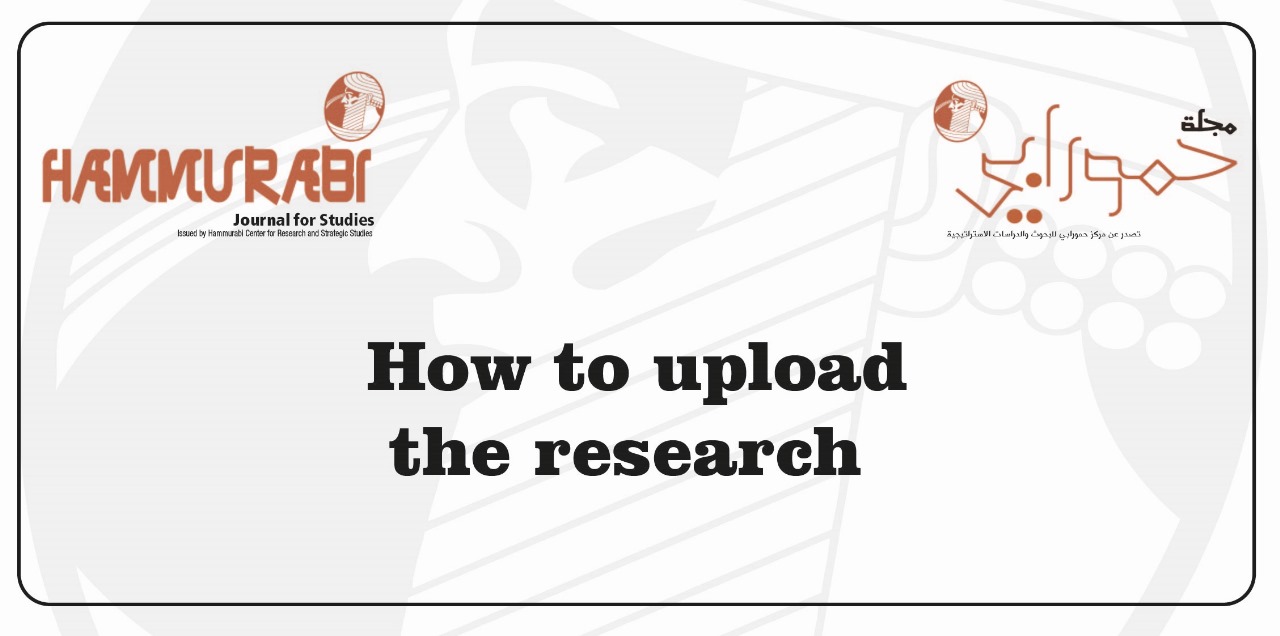Political alliances and their relationship to the function of the judicial institution in Iraq After 2006
DOI:
https://doi.org/10.61884/hjs.v13i49.453Abstract
Political alliances in Iraq are the main driver of the political process, as they are the ones that result in governments, as they include most of the partisan and political forces. However, these alliances suffer from a state of political instability, as they are volatile and different in some of their details. However, the general framework of alliances is based on componential foundations according to Sectarian and national quotas are affected by internal and external factors, and political alliances affect the structure of the Iraqi political system. The role of legislative and executive institutions has been disrupted as a result of competition and political conflict, and this is reflected in the nature of providing services and achieving the public interest because alliances are concerned with their own interests, and it can be felt Through the five legislative sessions extending from the period 2006 to 2023, Iraq did not witness stability at various levels, whether political or social, including economic, services, and security, in addition to the absence of national sovereignty as a result of external, regional and international interference.












